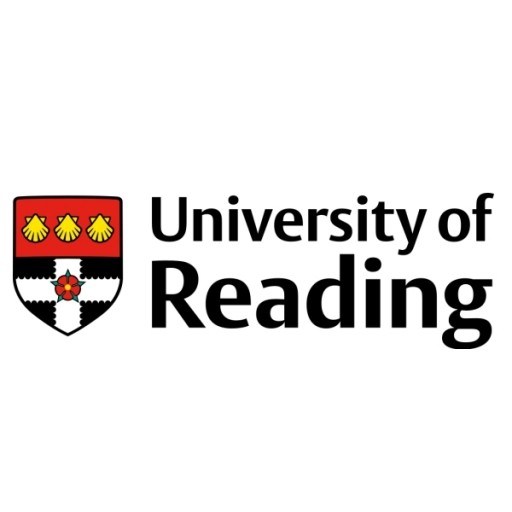Advertisement
Bangor Business School was the first UK university to offer an MBA in Banking and Finance, and today it continues to be one of Europe's foremost institutions for financial research and education.
The Banking and Finance MBA is designed to help ambitious executives accelerate their professional development by providing advanced training focussed on the managerial issues faced by modern financial services firms. The programme places particular emphasis on the application of financial, managerial and strategic developments that affect real-world decision making in the global financial industry.
Alongside practical insight and skills, students gain analytic training in order to familiarise themselves with the latest strategic, managerial and industrial developments in the financial services sector. With Bangor staff at the forefront of the latest research, students have the added reassurance that teaching is contemporary and reflective of the current industrial climate.
The Banking and Finance MBA is a full-time, year-long programme consisting of two parts.
Part 1:
Is taught from September to May, with examinations in January and May. Modules are taught in blocks, with 4 in Semester 1 (September December), and 4 in Semester 2 (January April). Continuous assessment is an integral part of all of our taught modules. The final module mark will be based on both coursework and examinations.
Part 2:
Consists of EITHER completing a supervised dissertation of around 12,000 words, during the summer months (June to September) to be submitted in September; OR Applied Business Projects, which involves attending a taught programme in June and then completing four project assignments by September.
Compulsory Modules:
Organisations and People: This module examines key issues arising from contemporary research in organisational behaviour (OB) and human resource management (HRM). It provides an integrated analysis of management, organisations and people, developing the conceptual, strategic and practical skills necessary for managers in complex, global organisational contexts.
Management Research: This module analyses the philosophical basis for research in the management sciences, and examines a number of key methodological issues and approaches. Research designs for both quantitative and qualitative research methodologies are developed, including interviews, case studies, focus groups, surveys and experiments.
Bank Financial Management: This module provides a grounding in the nature, strategic context and managerial functions of financial management in banks and other financial services firms. Three key themes are: identification and management of the trade-off between risk and return; improvement of a banks value using market models; and external market-based tests of bank performance.
International Banking: This module examines the origins of international banking, the activities of international banks, the markets in which they participate, and the sources of risk. You will investigate the determinants of the efficiency of international banks, and evaluate the implications for banks strategic decision-making.
Financial Institutions Strategic Management: This module examines the main theoretical and practical issues concerning banking business. You will develop a critical awareness of the theory of the banking firm, the motives for international banking, and regulatory and structural issues impacting on bank behaviour.
International Financial Management: In this module the financial management of multinational companies and the influence of macroeconomic, fiscal, currency and political environments on business and financial decision-making are examined in an international and global context.
Optional modules (choose 2):
Strategic Management: This module analyses strategic decision-making within business. You will develop a critical understanding of the strategic processes of business management, the interconnections with the functional domains of marketing, human resource management and corporate finance, and the management of knowledge systems.
Marketing Financial Services: This module critically evaluates the contributions of various schools of thought in marketing, and examines the relevant analytical models and management practices, with emphasis on the strategic importance of marketing to all organisations.
Banking and Development: This module critically evaluates the theory underlying the policy of financial liberalisation, and examines its implementation, primarily in developing countries. The impact of financial liberalisation on the financial systems of developing countries is analysed in depth.
Audience
The Banking and Finance MBA is designed for candidates with degrees or relevant business backgrounds, who wish to develop their expertise and further their professional careers.
The course will be of particular interest to:
* Graduates who have professional experience in the financial sector;
* Managers and accountants in public and private organisations who wish to develop their financial management skills;
* Managers employed in the financial services industry;
* Graduates contemplating a career in the banking and financial services industry;
* Graduates who have relevant practical experience and wish to enhance their skills in the areas of banking and finance;
* Finance professionals (like corporate treasurers and accountants) who deal with the financial services industry.










